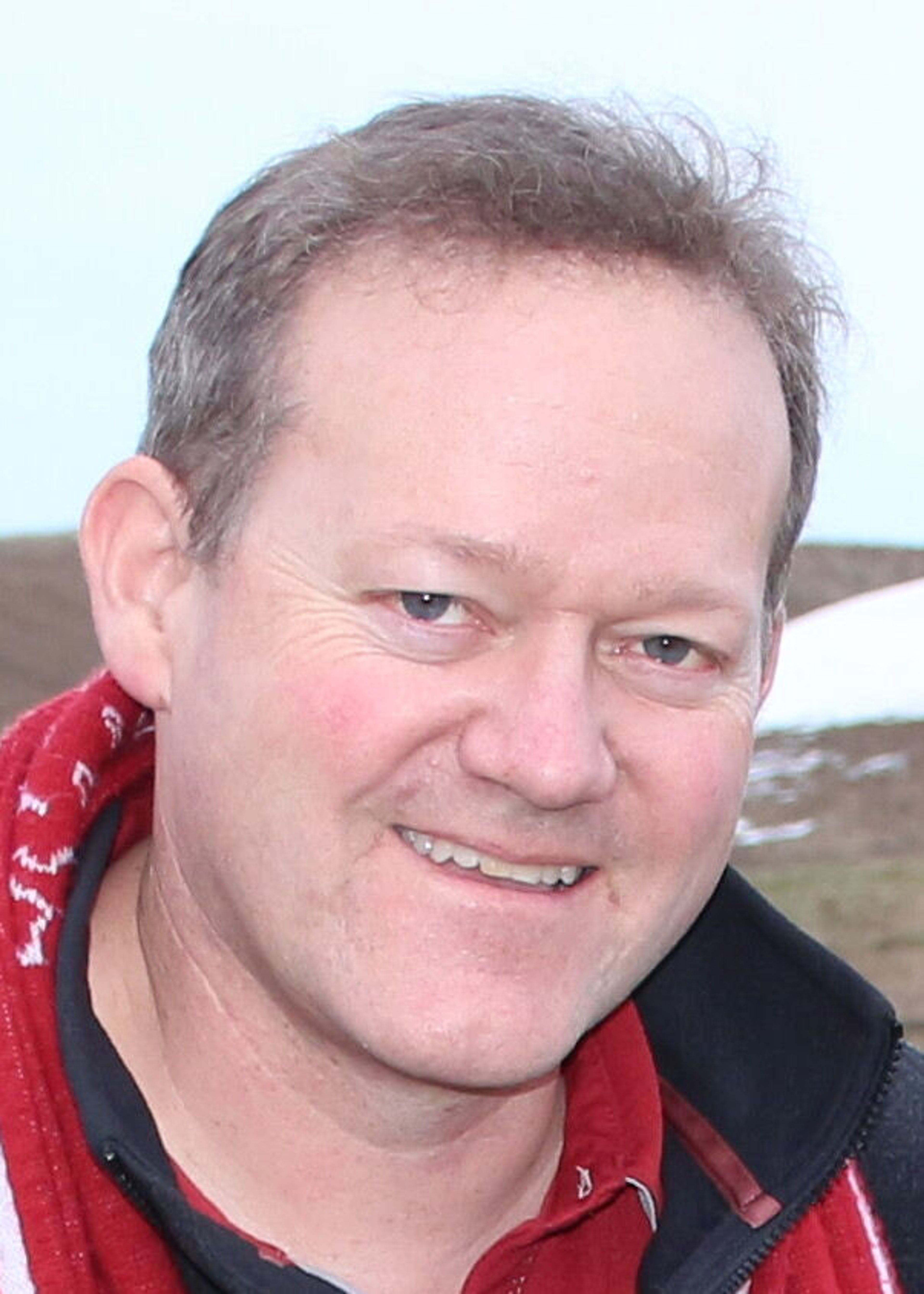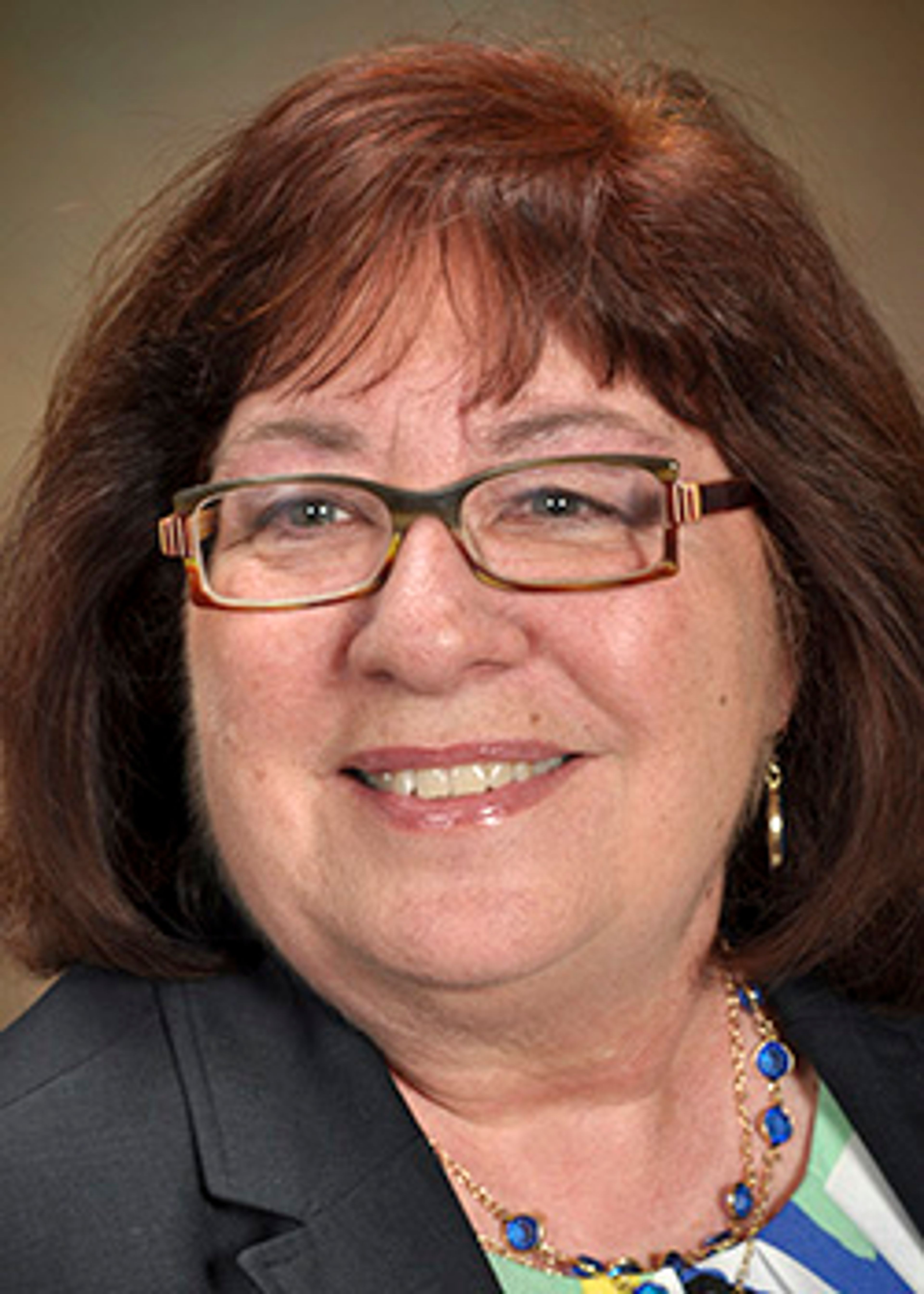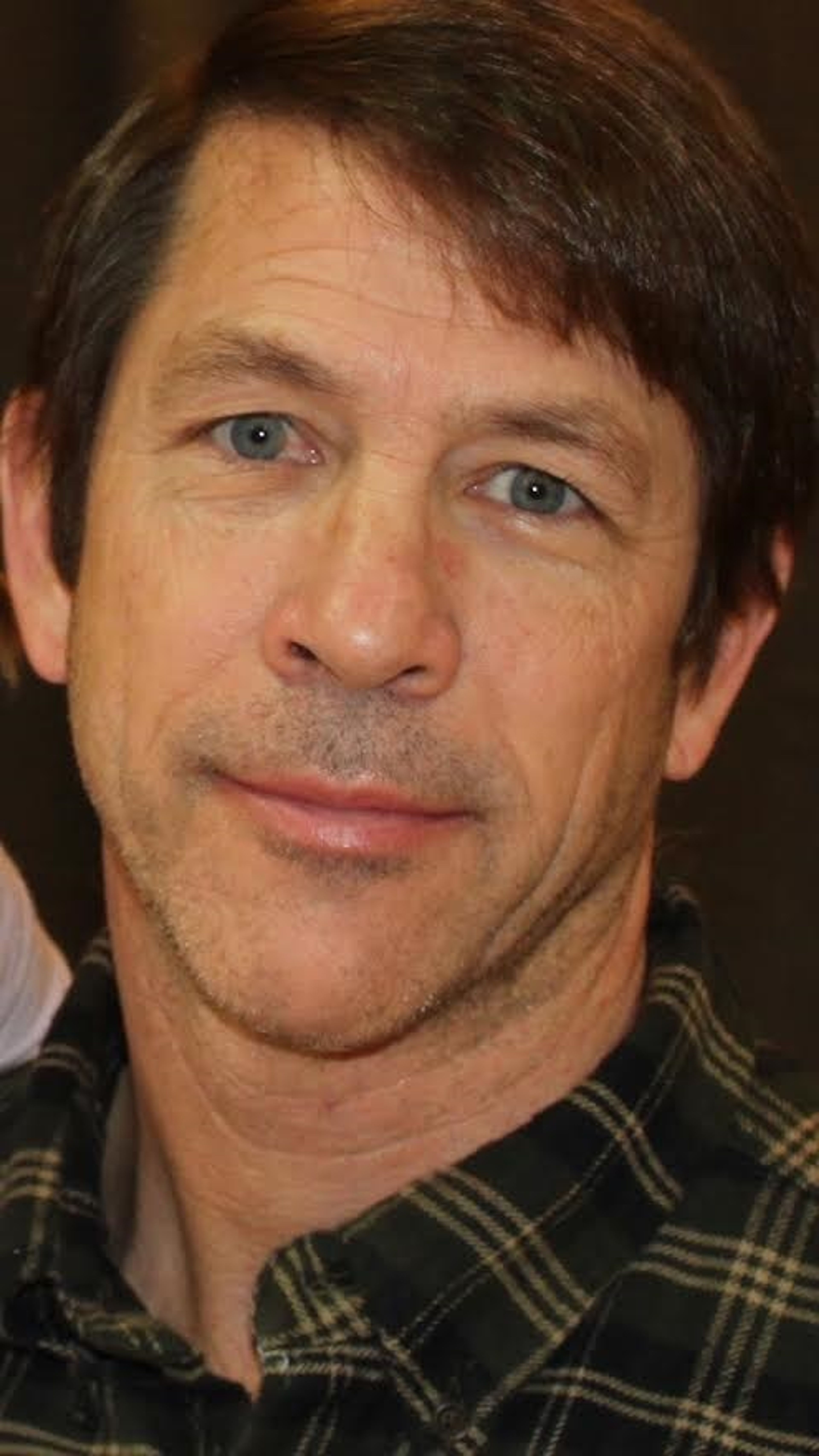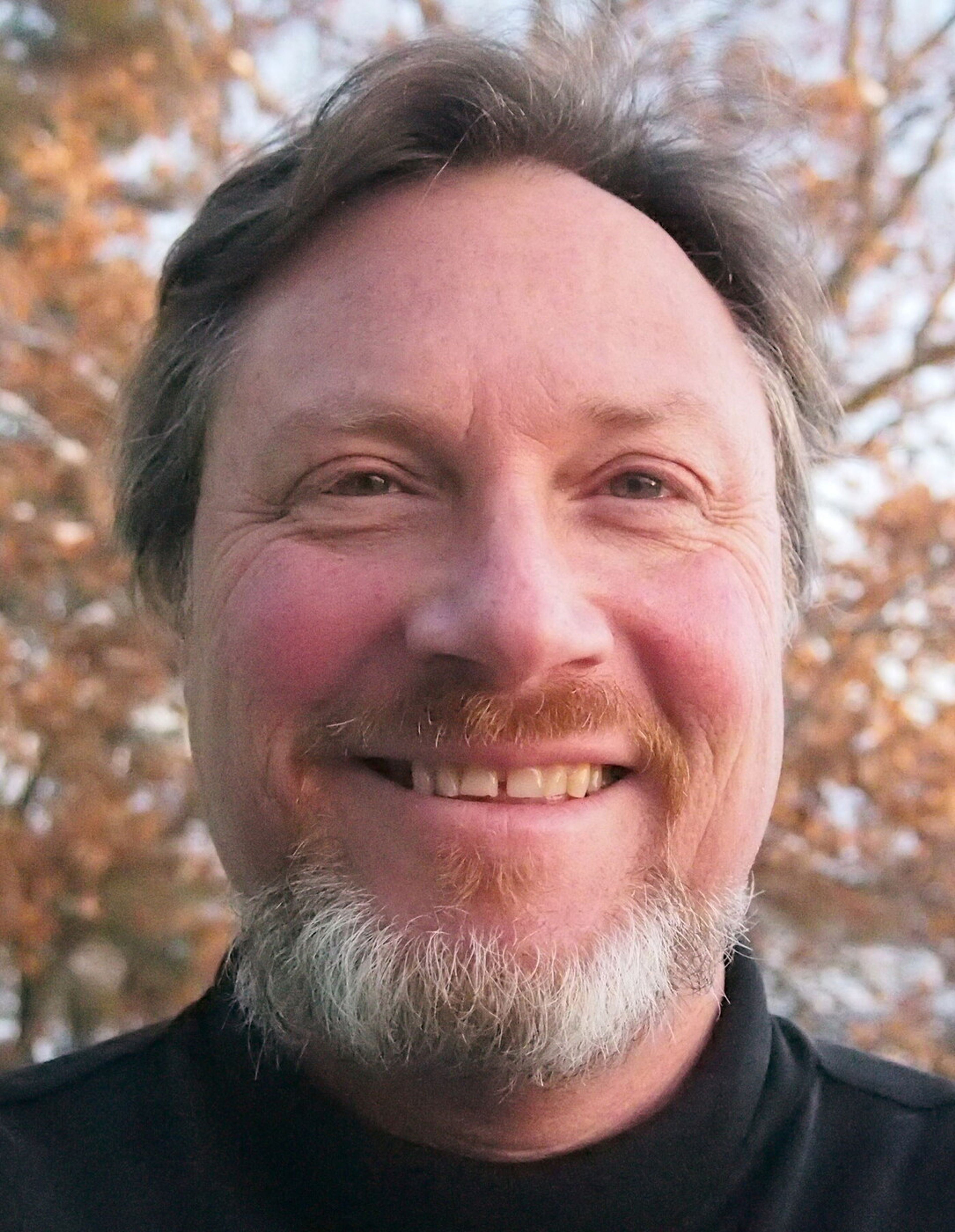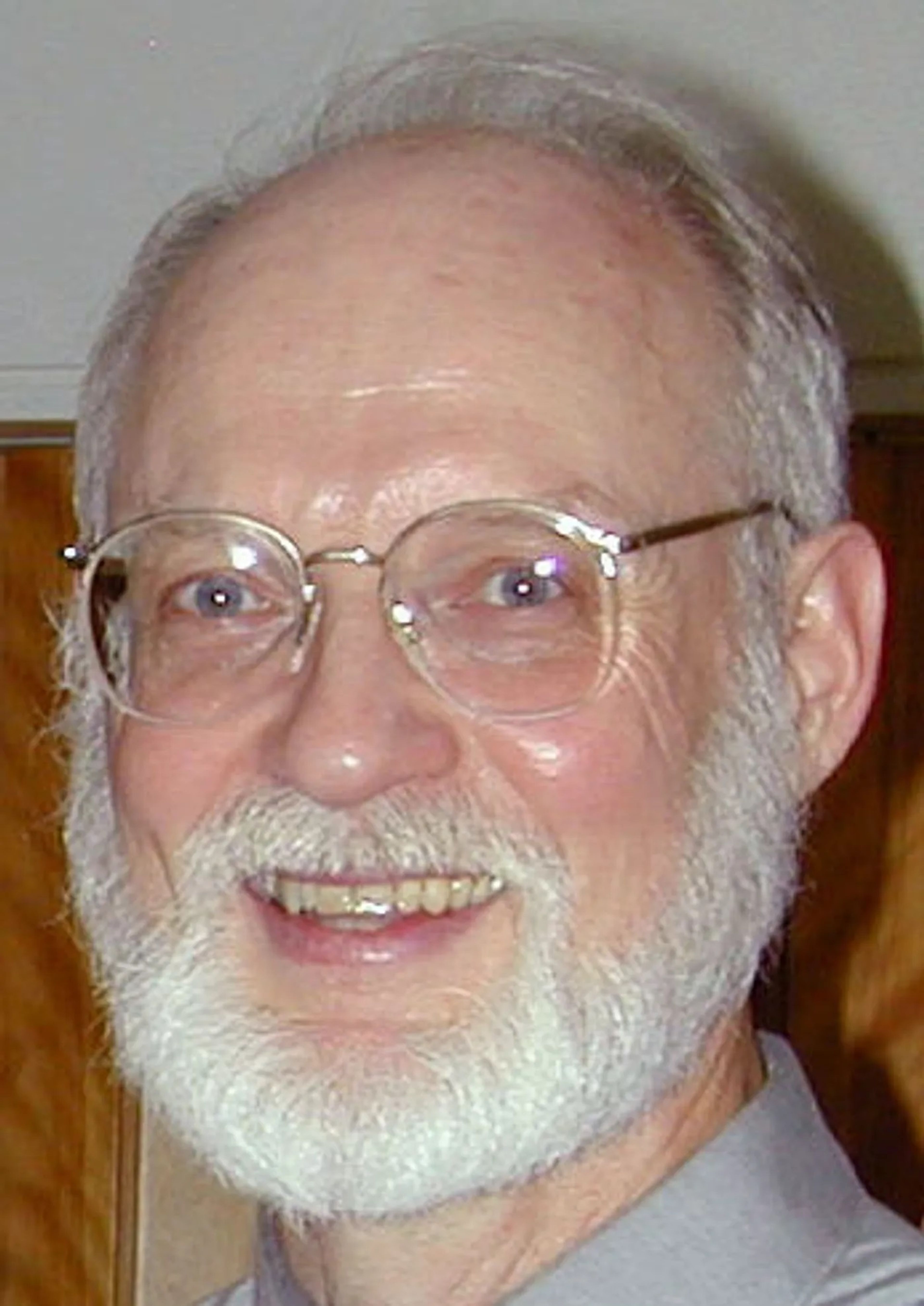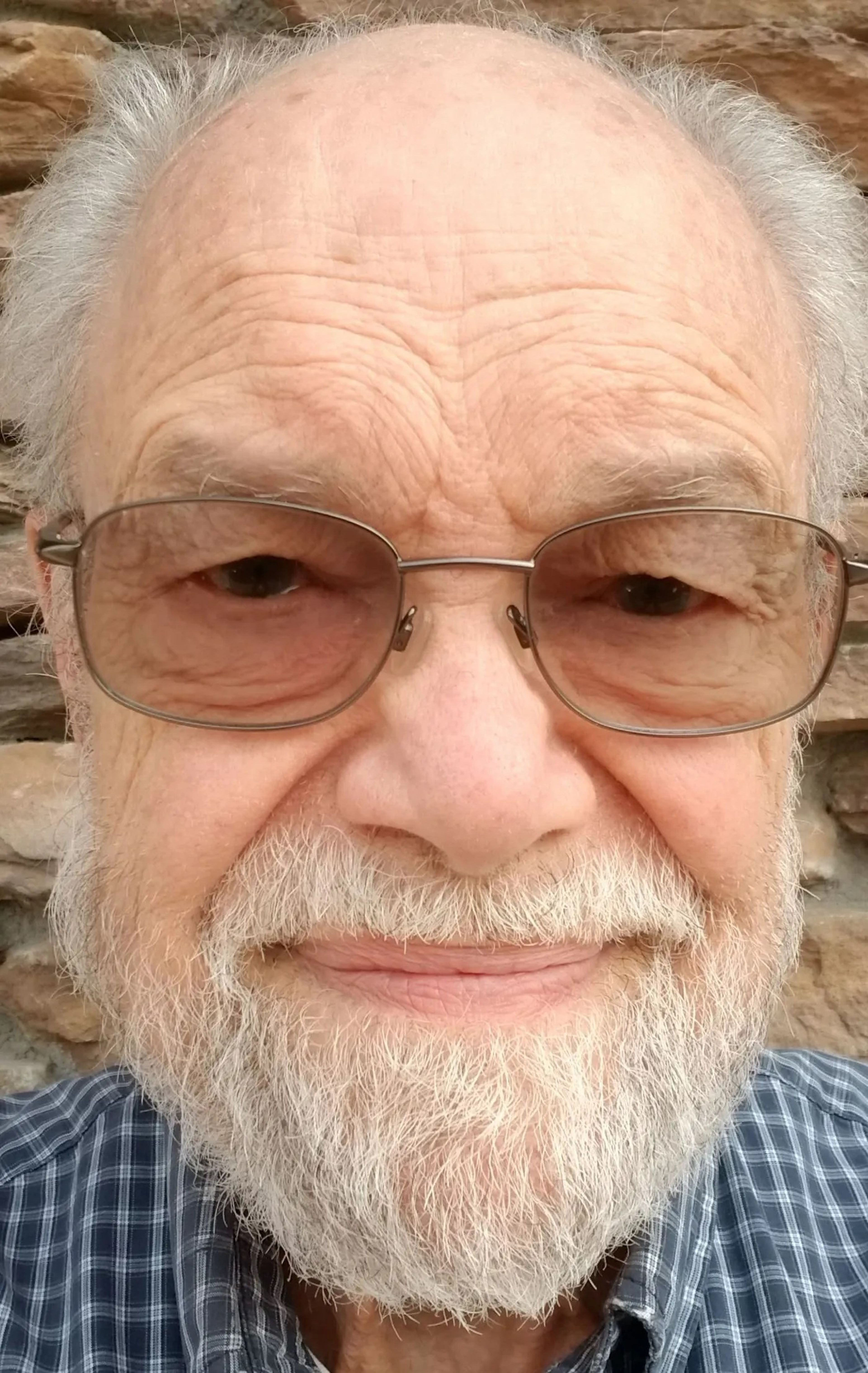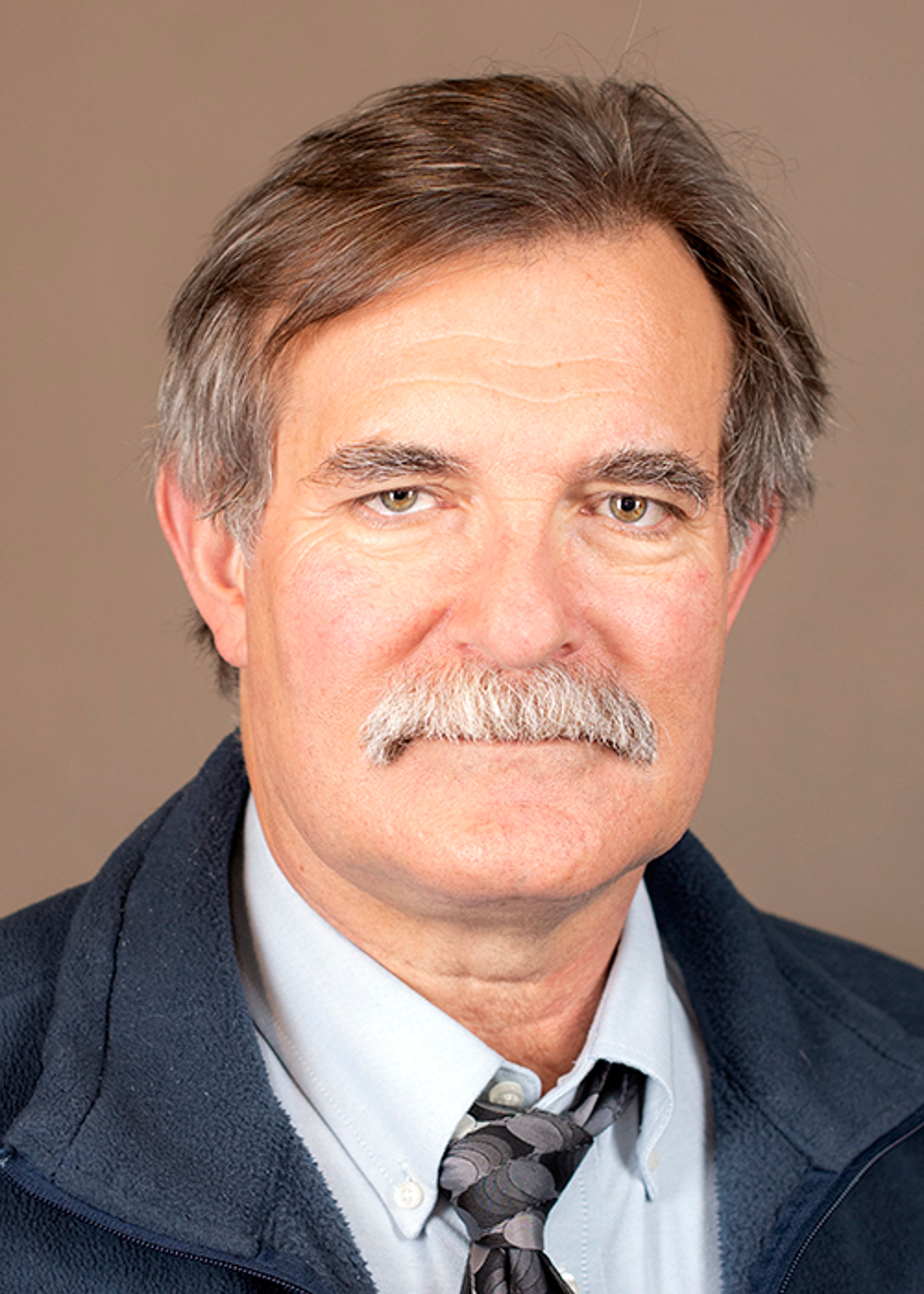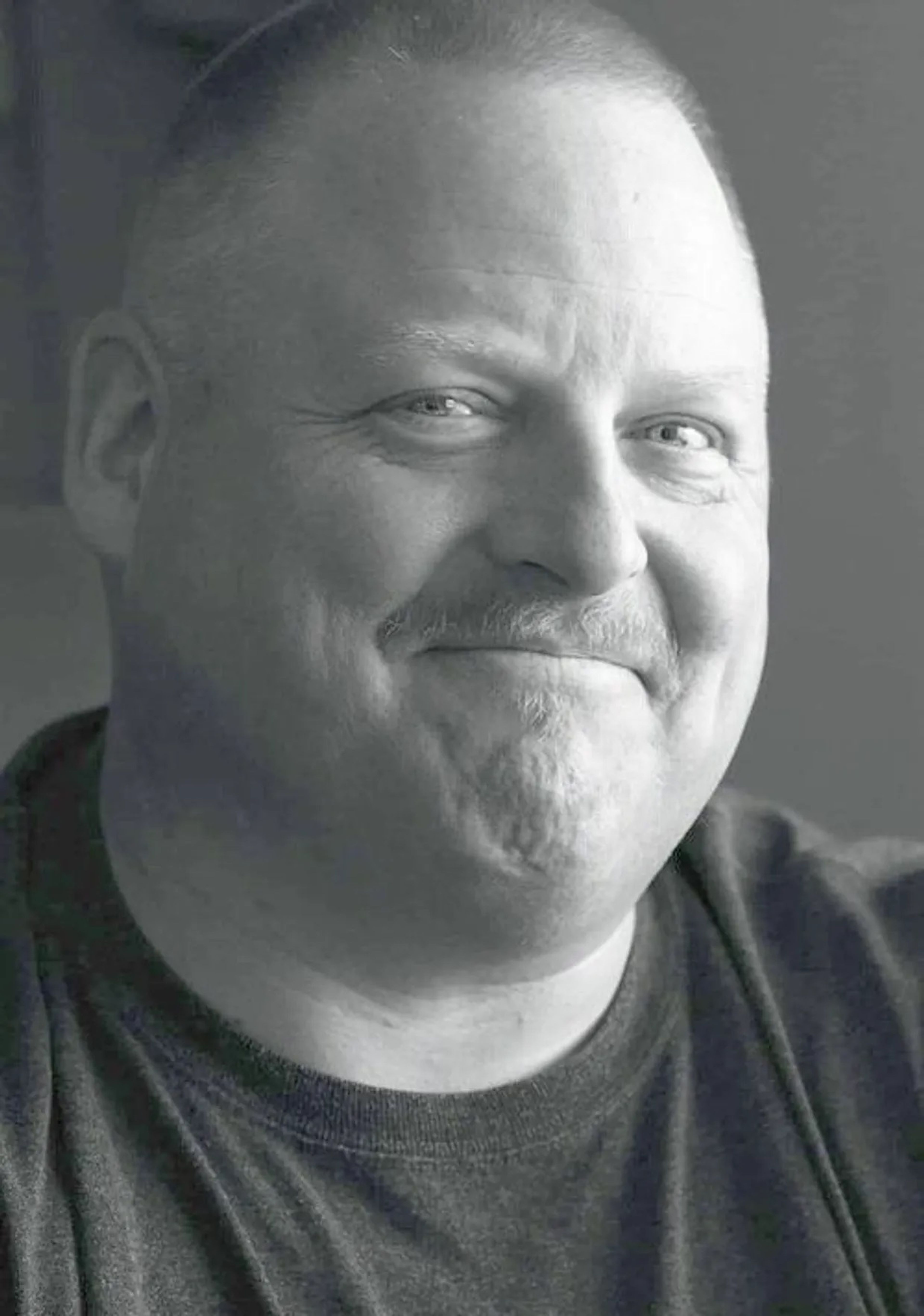At its core, atheism is the understanding that there are no deities in the universe, or at least that documented history has yet to record any credible objective evidence that deities exist. Atheism is a “belief” in the sense that atheists have convictions about truth, but unlike deistic systems (e.g., Buddhism, Christianity, Hinduism, Islam and Judaism), there is no widely held organizational structure for people who consider themselves atheists.
As a free thinker, an atheist may borrow pieces of other ideologies to construct an internally consistent ethos. In America, many atheists probably adopt a “religious light” ethos that embraces ethical positions about murder, religious freedom, etc. that are shared with different religions. Some atheists, like myself, gravitate towards secular humanism, which is a philosophy that embraces secular ethics, philosophical naturalism and human reason. Secular humanists reject the idea that religious dogma and superstition should be used as a basis of morality or decision making.
Secular ethics relies on logic, empathy, reason and moral intuition to make decisions. Religious detractors will holler that this is moral relativism, which is an anathema to their claims of immutable truth bequeathed to them from a higher authority. But religious belief relies as much on moral relativism as secular ethics because moral guidance from religion is relative to the religion and sect, and relative to the authority that is translating the revelations that underlie such systems. What really matters are the details of the moral framework. For example, secular ethics is informed by moral intuition about the universal value of the “Golden Rule” without the need for religious authority.
Philosophical naturalism is the idea that only natural forces operate in the universe. Scientists like myself often couple philosophical naturalism with the principle of parsimony, or what is often called Occam’s razor. That is, when faced with multiple explanations for something, parsimony requires that you select one that requires the fewest assumptions. For example, a scientist understands that evolution is driven by the empirically demonstrable process of natural selection that does not require invocation of an almighty deity to explain the diversity of life. Invoking a supernatural power requires an additional, significant assumption that such an entity exists when it is not required.
For many deists, a sense of wonder about the world is an important factor underlying their belief. Paradoxically for scientists, some research shows that a sense of wonder at the universe and at what science itself unveils can underlie a motivation towards religious belief by the scientist, or at least some belief in supernatural influences. At some level this requires compatibility with the phenomenon of cognitive dissonance.
This happens because a scientist who is motivated by awe to believe in supernatural powers also lives with cognitive dissonance because such belief conflicts with logic, reason and parsimony that underlie scientific inquiry.
Alas, I am not a person who can juggle such dissonance, but that doesn’t mean that my family and I don’t enjoy the holidays. What is not to celebrate about an excuse to come together in the cold of winter and share good food and cheer? I view the Christmas holiday as an extended period to celebrate the “obliquity of the ecliptic” that gives us not only the winter and summer, but the solstice that marks the transition between these extremes.
The holiday season is also a time to celebrate awe, and to me nothing is more awe-inspiring than what the James Webb telescope has given us recently. It is impossible not to feel awe when we see the Webb images of the Carina Nebula, of newly formed stars in the Pillars of Creation, of the hour-glass dust and gas clouds of protostars, and of the gas and dust being expelled by dying stars. What could be more awe inspiring than witnessing light that originated over 13.4 billion years ago?
And this awe is a gift of thousands of people over millennia who have broken, at least in part, with the traditions and thinking of the Bronze, Iron and Dark ages to discover and embrace scientific inquiry so we can boldly go where no human has gone before. Talk about something awe inspiring and worth celebrating.
Call (he/him) is a microbiologist and father of three. He first discovered the Palouse 38 years ago.
